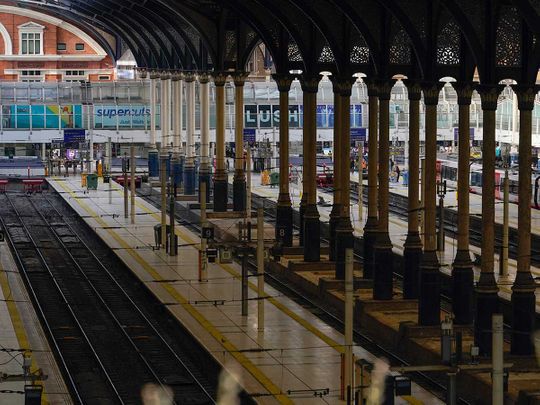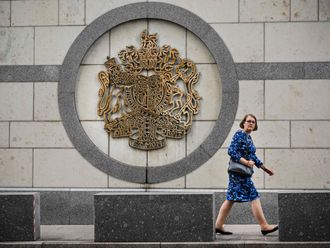
London: The UK's new Labour government introduced Thursday long-promised draft legislation to renationalise the country's rail services, most of which are privately owned.
"After years of unacceptably low performance, the bill is a landmark change that will allow the Government to bring rail passenger services back into public ownership," a statement read.
Labour triumphed over the Conservative party in elections on July 4, re-entering Downing Street after 14 years in opposition with promises to fix the country's ailing transport services.
The legislation, if passed, will bring rail operators into public ownership when the private companies' contracts expire - or sooner in the event of poor management - which will be managed by "Great British Railways".
According to the government, it will be able to avoid having to pay compensation fees to rail operators, with all the current contracts set to expire by 2027.
The privatisation of rail operations took place in the mid-1990s under the Conservative prime minister John Major, but the rail network remained public, run by Network Rail.
Four out of 14 operators in England have been taken over by the state in recent years due to poor performance, but this was meant to be a temporary fix before a return to the private sector.
The main rail operators in Scotland and Wales, where transport policy is handled by the devolved administrations in Edinburgh and Cardiff, are also state-owned.
British railways have faced a constant stream of strikes over pay and conditions in the last few years, due to a cost-of-living crisis.
Train cancellations are commonplace while passengers regularly complain about high ticket prices.
"Our transport system is broken, but today's bill will pave the way for better trains that work for everyone, no matter where you live," said transport minister Louise Haigh.












